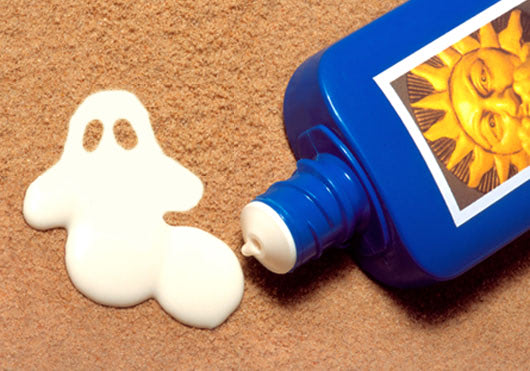
Nanotechnology has been hailed for its benefits because of the potential ability to create drugs that could cure cancer and radiation poisoning, make miniature pollutant filters resulting in healthier air and even produce better tasting food. Excitement over these benefits has led to corporations heavily investing in the technology for their products.
However, the same properties that allow nanotechnology to be valuable give it the potential to cause unforeseen consequences for ecological and human health. To date, it’s unclear whether the benefits of nanotech outweigh the risks associated with environmental release and exposure to nanoparticles.
Environmental Health News reports that nanoparticles in sunscreens, cosmetics and hundreds of other consumer products may pose risks to the environment by damaging beneficial microbes.
Researchers Cyndee Gruden and Olga Mileyeva-Biebesheimer from the University of Toledo added varying amounts of nanoparticles to water containing bacteria. The bacteria were grown in a lab and stained with a green fluorescent. It turned out the nano-titanium dioxide – also used in personal care products – reduced biological roles of bacteria after less than an hour of exposure. The findings suggest that these particles, which end up at municipal sewage treatment plants after being washed off in showers, could eliminate microbes that play vital roles in ecosystems and help treat wastewater. Oops!
Nanotechnology is yet another example of mankind playing with fire: It requires enormous care and restraint, yet on the other hand, playing with fire is perhaps one of the very special abilities that defines us as humans.


Comments (0)
Share your thoughts and join the technology debate!
No comments yet
Be the first to share your thoughts!